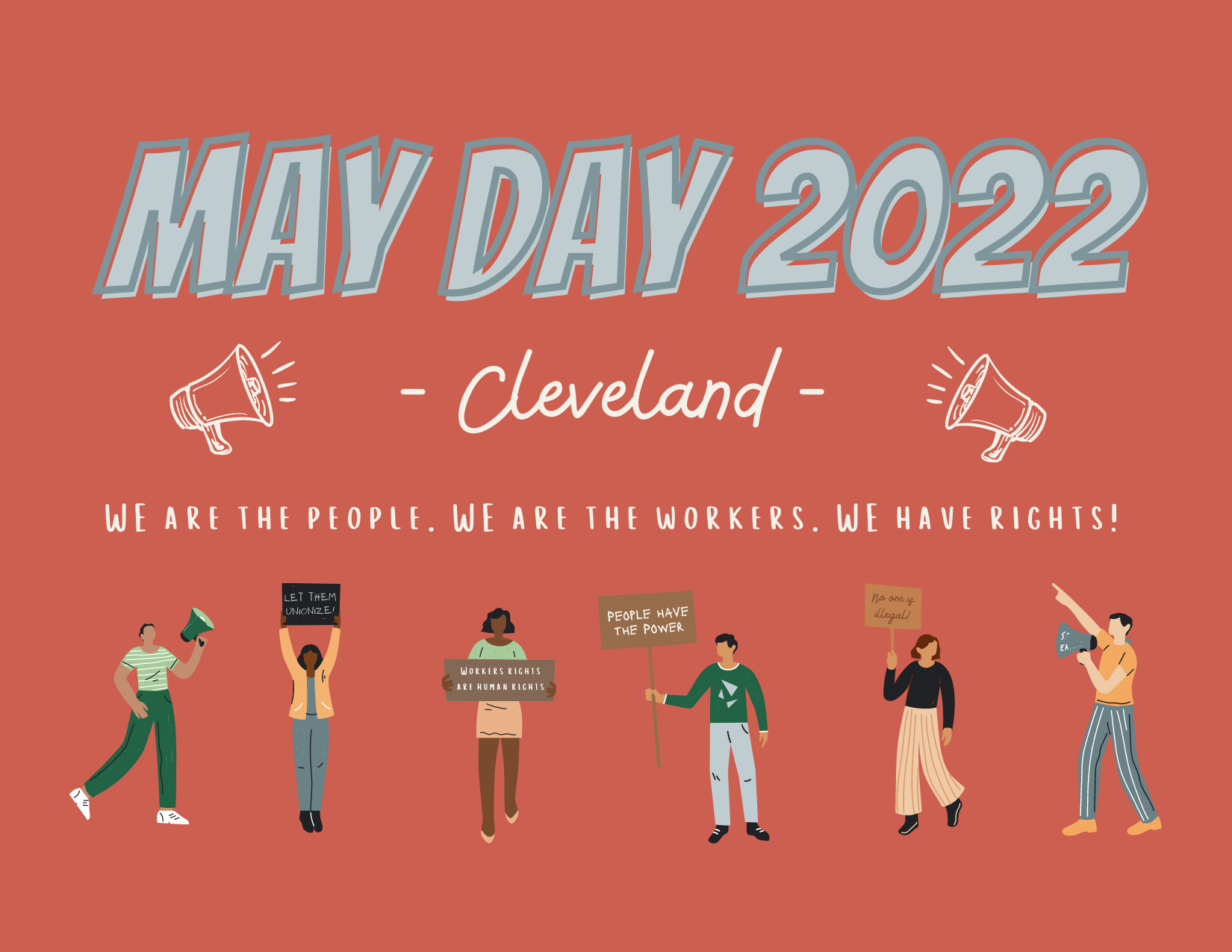In January, Thalía Rodríguez, a renowned human rights defender for trans people, was murdered in Tegucigalpa. Her crime highlighted the challenges faced by the government of President Xiomara Castro in protecting the sexual diversity community in Honduras. The country is considered one of the most hostile places in Latin America to be a member of the LGTBIQ+ community. In her Government Plan, Xiomara Castro proposed to promote the Law of Protection for LGTBIQ+ persons and establish a variety of care programs. The inclusion of some of the demands of the LGTBIQ+ community in President Castro's Government Plan has raised expectations in this sector.
- Home
- About Us
- Issues
- Countries
- Rapid Response Network
- Young Adults
- Get Involved
- Calendar
- Donate
- Blog

